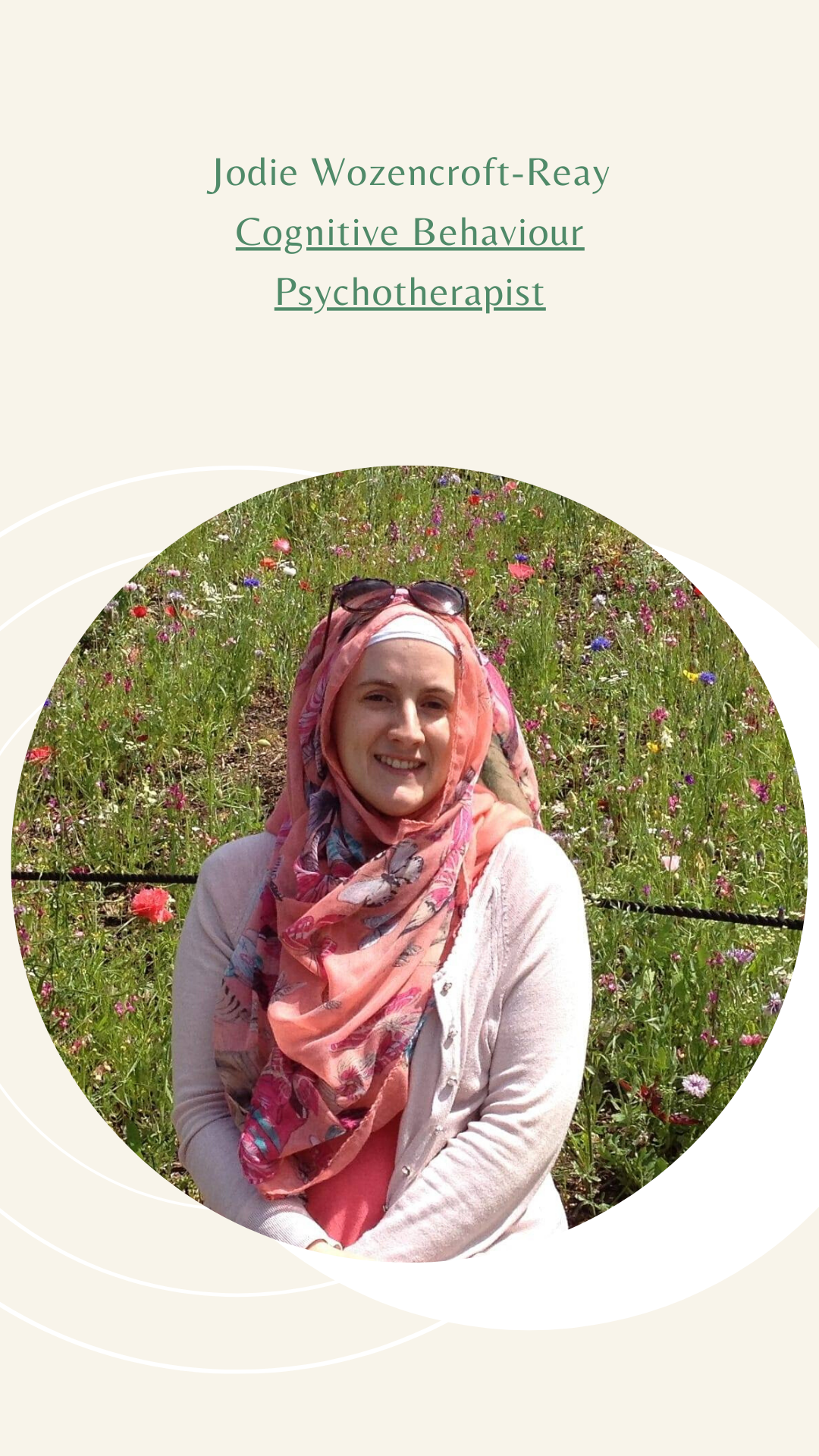The stories we tell ourselves matter
- Jodie Wozencroft-Reay

- Feb 16, 2022
- 2 min read
There’s a lot to say about stories and narratives. It gives us context, depth and feeling – think of the last book your read or film you saw; without the narrative it’s just a collect of events rather than experiences.

Some of our stories we write ourselves, others are written for us. You didn’t choose the family you were born into, you didn’t choose your ethnicity, culture or religion you were born into, you didn’t choose your family history and background. You didn’t choose any of those things but you live those stories.

Those stories create our beliefs and values, it’s only when we step back and see the story we’re living that we have choice. Choice to write the next chapter, a twist in the plot, a character development.
The hardships written in those previous chapters are not your fault, but it’s your responsibility to write the rest of the story. To have sensitivity to our own suffering is not a bad thing if we are committed to changing it. This takes courage, warmth and wisdom. Even if it doesn’t feel like it now, you have these qualities.
Courage, warmth and wisdom
It takes courage to acknowledge the painful past of those initial chapters.
It takes warmth to want something better for the chapters yet to be written.
It takes wisdom to acknowledge the need for change.
Often we develop ways of meeting our needs that might not be so helpful – it’s human nature. We might reach for another cake, scroll social media or spend time with people we know aren’t great for us. Cake and social media give us dopamine (more info here) while spending time with others gives us a sense of belonging.
Our needs are not bad – but the way we meet them can be harmful.
So if you’d like your next chapter to look different, consider these steps as a starting point:

1. Target: What behaviour or habit would I like to change?
2. Function: What does this behaviour or habit give me? i.e. what am I trying to do?
3. Unintended consequence: What does this behaviour or habit also give me? i.e. what else do you get?
4. Need: What is the need that I’m trying meet or fulfil?
5. Change: What alternative ways can I give this to myself whilst being helpful, not harmful?
Here's an example of how this exercise can be used





Comments